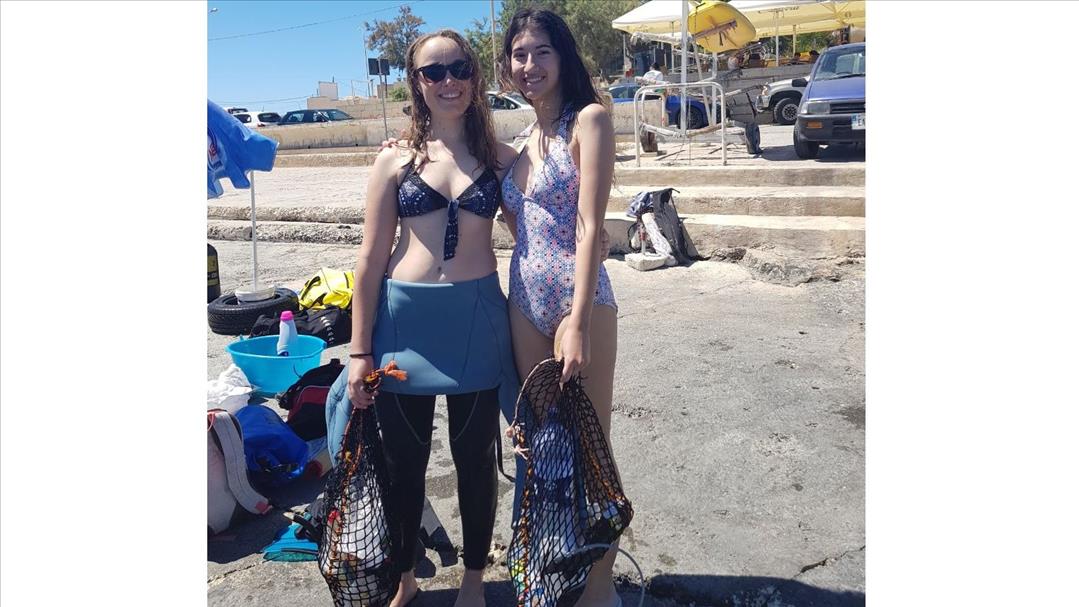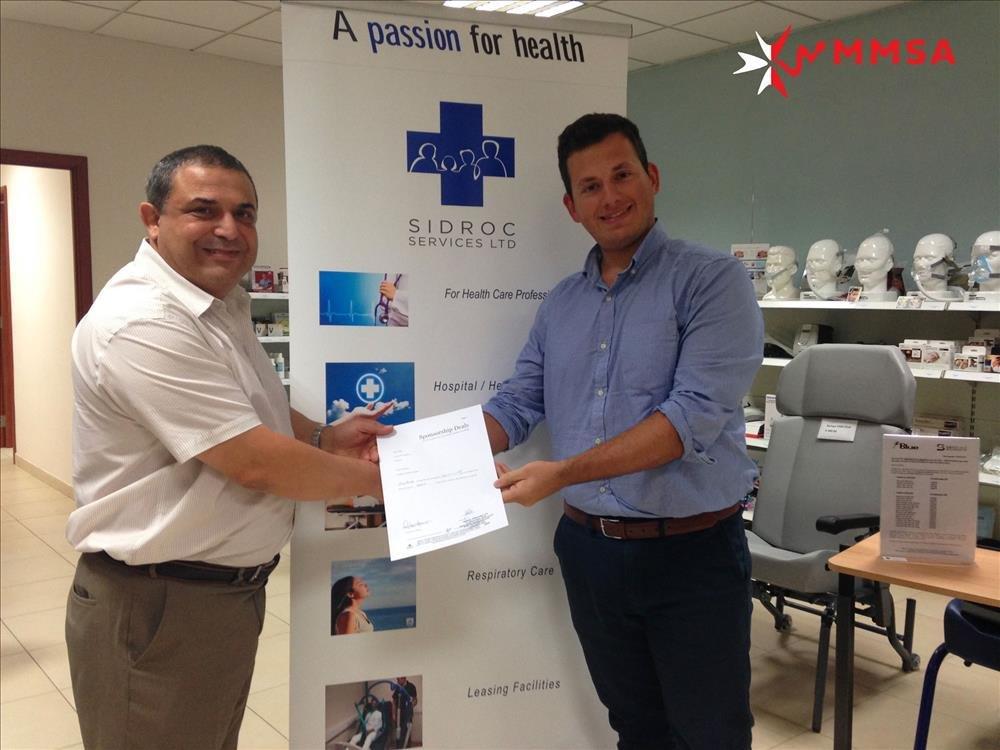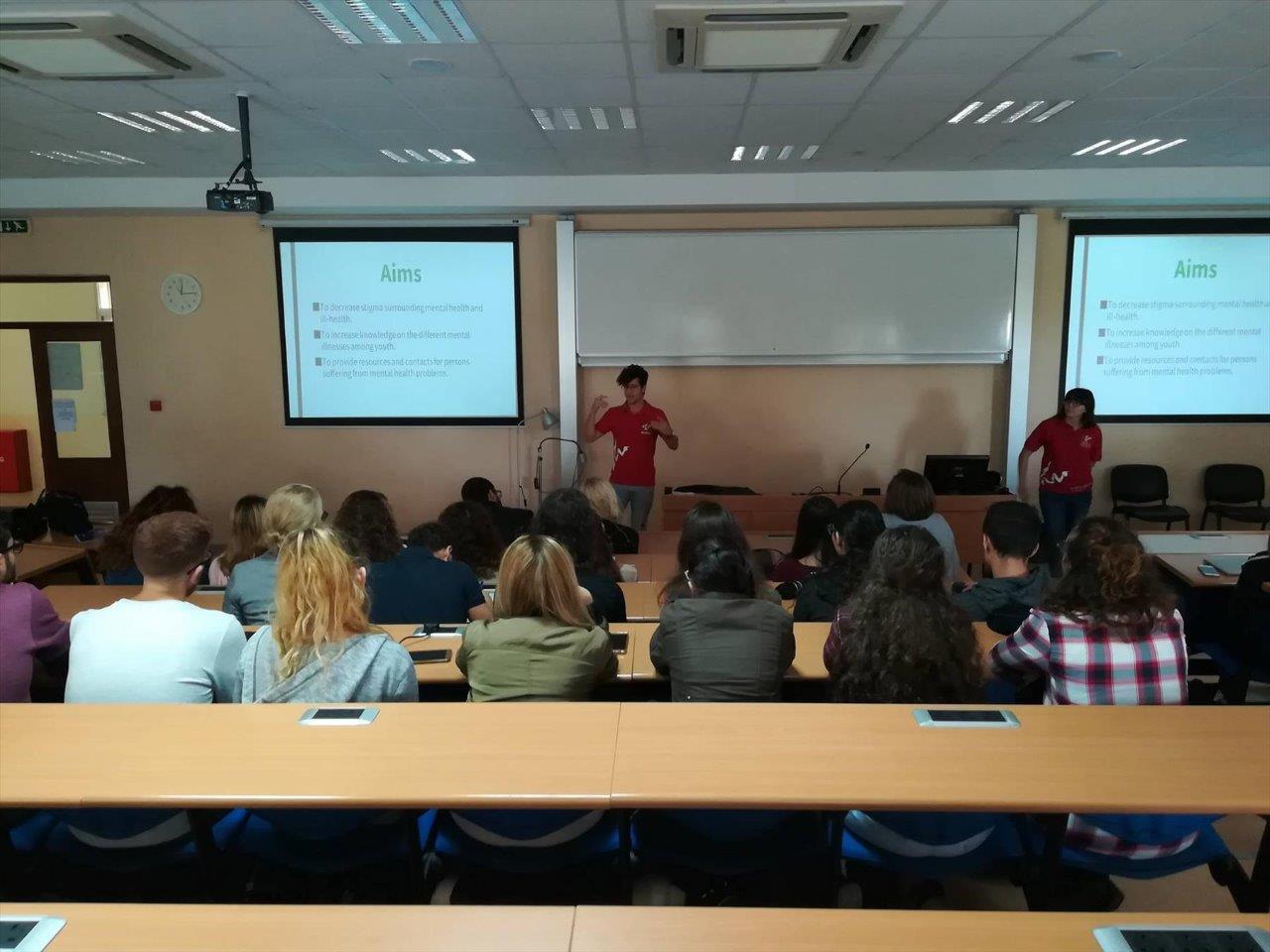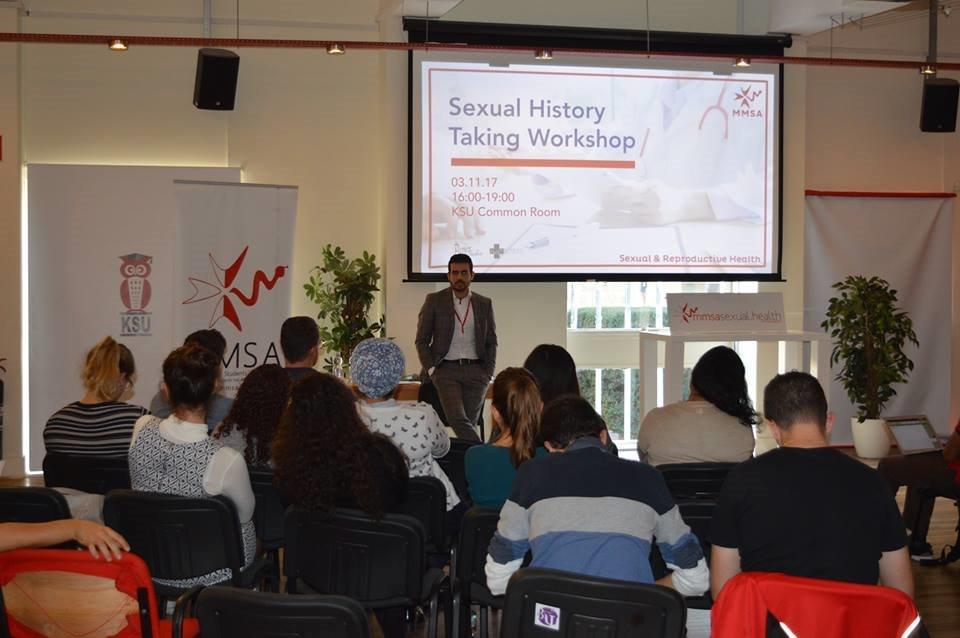MMSA's Student Spotlight for April is Elaine Piscopo
What inspired you to become an environmental activist?
Growing up I always felt it was important to stand up for the environment, since it cannot stand up for itself. However, around the time I started university, I had this ‘big environmental phase’ I like to call it, where I felt I really had to try and spread awareness to show friends and family why it’s such an important topic. I think I owe much of my inspiration to a close friend of mine who started showing me alternative ways of living that can really reduce waste in the long run. It’s amazing what we can achieve if we start by making one little change to our daily lifestyle activites, while setting an example to others who might take up the idea and do the same.
I personally don’t call myself an activist because I’m not the typical ‘influencer’ who shows all her zero waste life-hacks, because frankly I am far from perfect. But the best part about it is that you don’t need to be perfect! Every small change is change, and that’s what matters at the end of the day. So if you’ve been thinking of buying that shampoo bar for a while, or purchasing that shirt from depop – go for it. It might not end up being something you’ll keep on doing but the first step is trying it out. ‘We don’t need a handful of people doing zero-waste perfectly. We need millions of people doing it imperfectly’ – Anna-Marie Bonneau (a zero-waste chef).
What is Pela? What does being a Pela ambassador mean?
Pela is one of many pro-sustainable brands that is trying to eliminate the use of plastic phone covers by making compostable phone cases. The case lasts from 1-2 years from personal experience however some people have had it for more. When you want to throw away the case you can either compost it in your own compost, or you can send it back to the company by mail so that they can compost it for you. From phone cases, Pela has moved to making other accessories such as compostable AirPods cases, smart watch bands and even sunglasses as well!
There are plenty of other buisnesses who promote sustainable living so keep your eyes peeled. One word of advice is, before you purchase from any kind of eco-buisness, do your best to research their cause and if what they are selling is in fact being produced sustainably itself. There’s a lot of greenwashing now that saving the planet suddenly became trendy, so be smart about what you buy.
What are 5 easy ways by which one can reduce waste?
- Where you can reuse, do so. A couple of simple examples include:
- Telling the barista you would like your coffee in your own travel mug before they pour it in the plastic cup
- Taking reusable containers/cloth bags with you to the supermarket
- Beeswax wraps for wrapping up leftover food instead of using plastic clingfilm or tinfoil
- Opt for cloth masks with WHO’s recommended layering instead of buying surgical masks
- Waste less water: while waiting for the water to heat up, fill up a bucket/jerrycan with the cold water until the water is a good temperature for you. Then, keep the water to flush the toilet later on when you need to. That way you’re not wasting any water as you still end up using it to flush.
- Purchase second-hand: believe it or not, the fashion industry is one of the main contributors to waste and global-warming. Unfortunately, many of the clothes bought online which are sent back due to being the wrong size, end up being thrown away instead of re-sold. Thrift stores are popping up more around Malta now more than ever, and some online sites are dedicated to second-hand buying too, namely Depop. I’ve purchased a couple of items off Depop myself from sellers in Malta, and they are actually some of my favourite clothes.
- Switch to soap bars: This might not be for everyone, but it’s definitenly worth trying out. They tend to last longer and have minimal packaging that is infact recyclable (unlike the hard plastics liquid soap comes in). I use shampoo bars and find that they last longer than my regular liquid shampoo used to, so I highly recommend to try them out.
- Use reusable menstrual products: This is my no. 1 life-changer for all the women out there. Reusable pads and menstrual cups are becoming more of a thing lately, and although there’s a learning curve to learning how to use them properly, you will find that it will benefit you both in sustainability and financially too. Compare a 30euro menstrual cup that can last around 10 years, to an average of 130kg of single-use menstrual products produced by you alone each year – it’a bargain!







